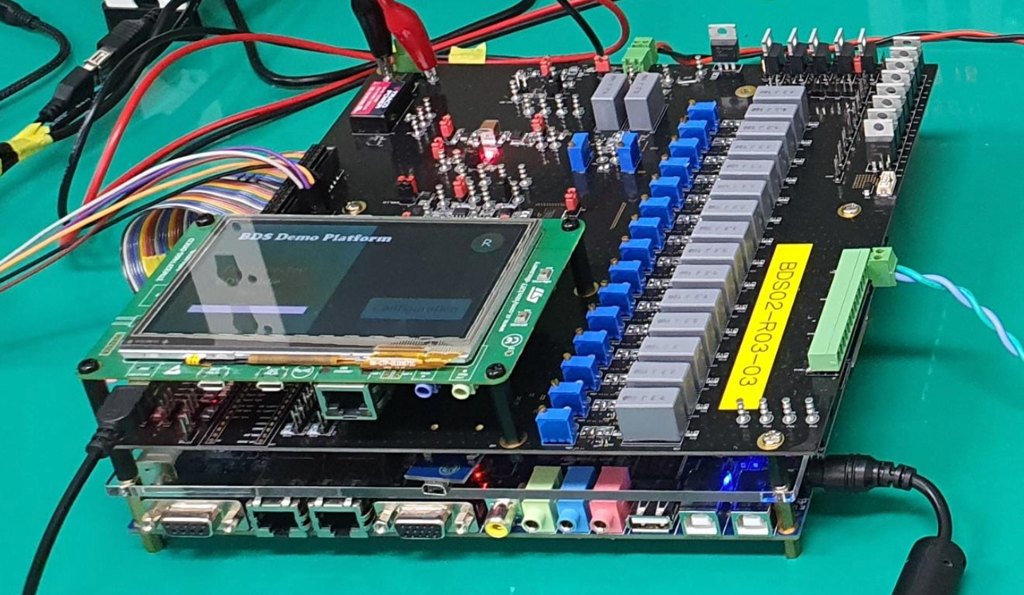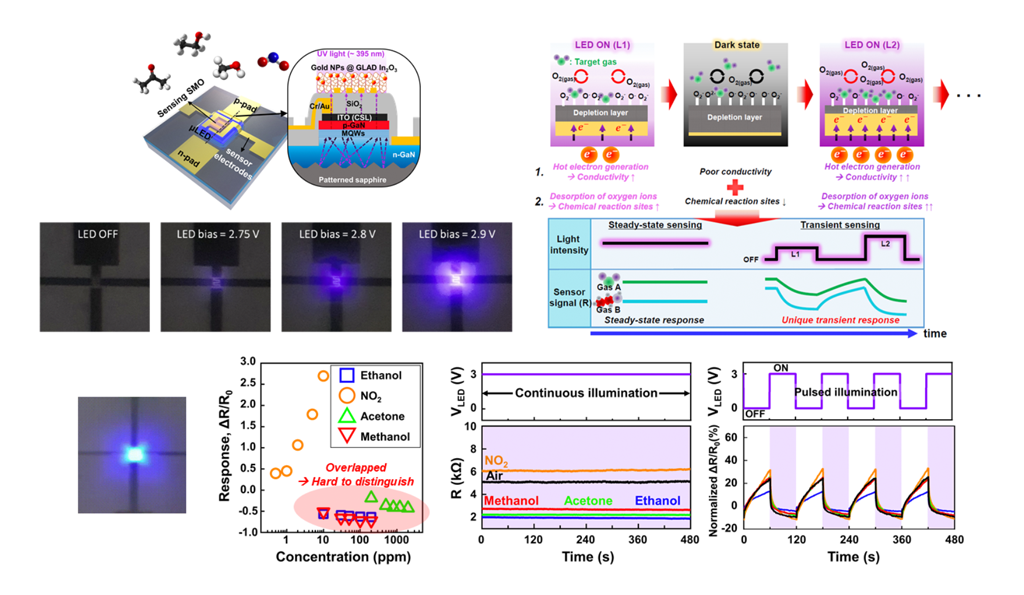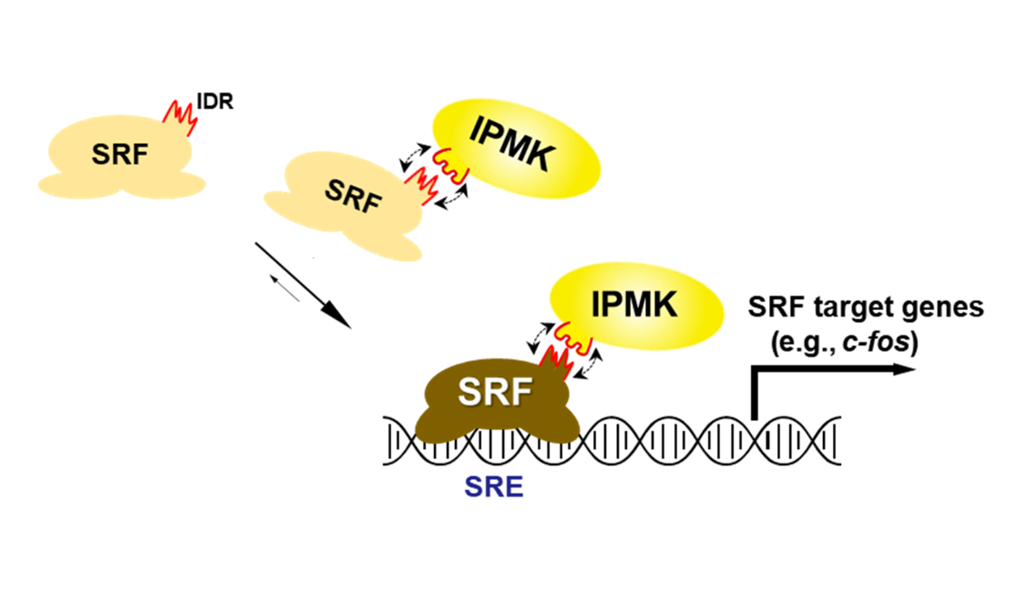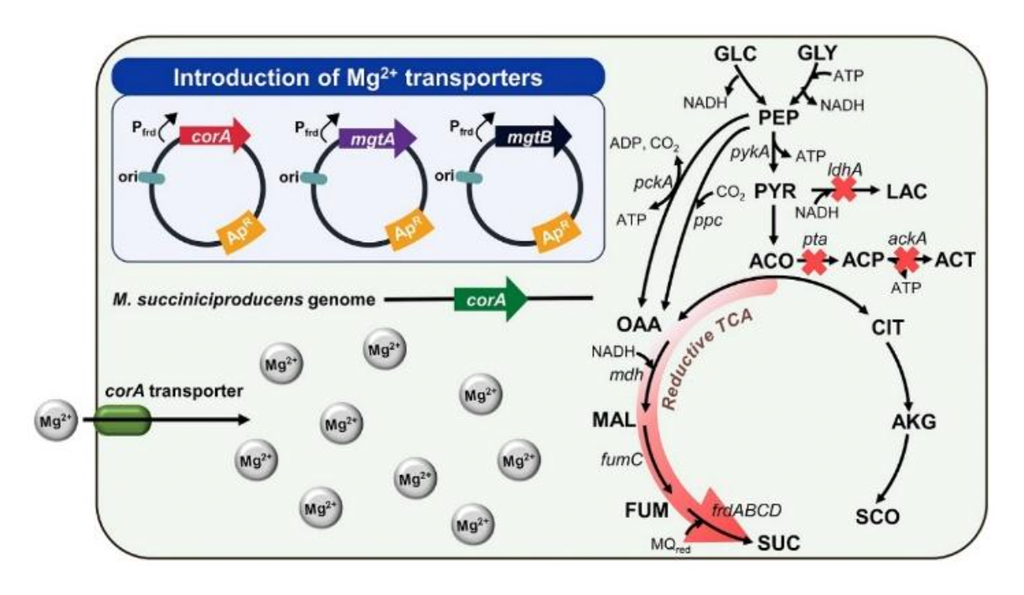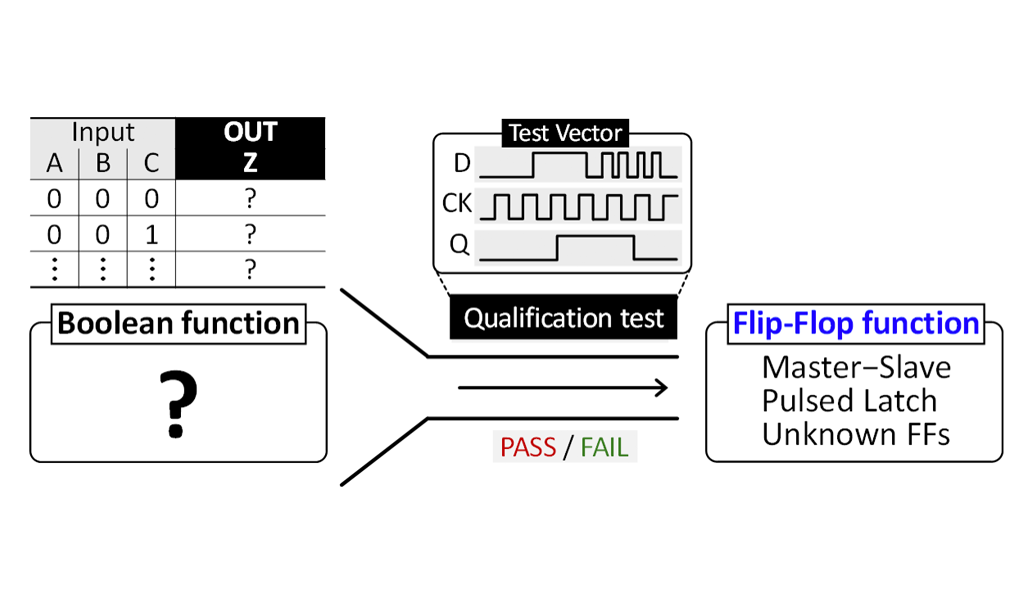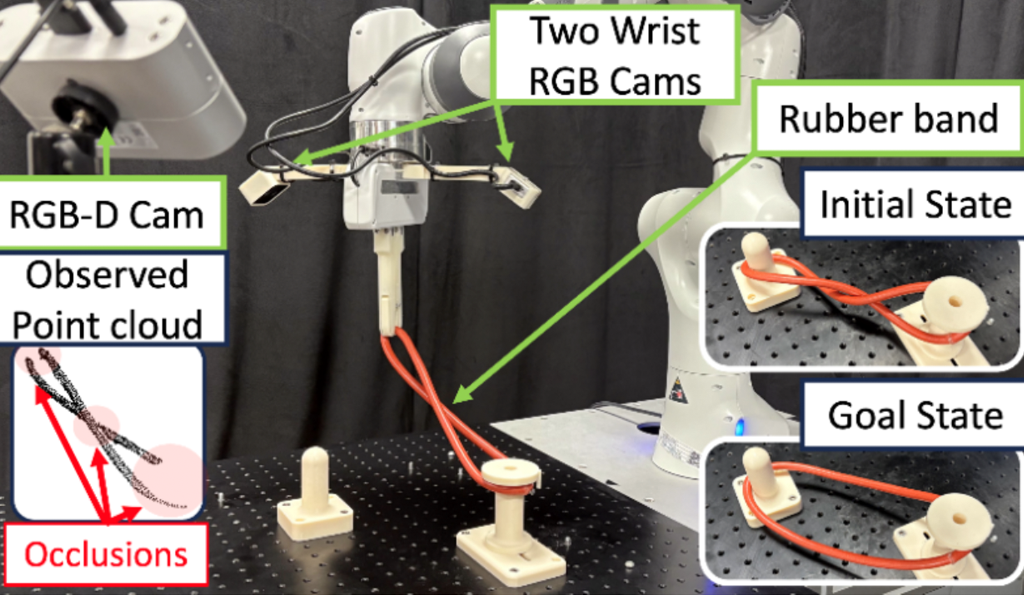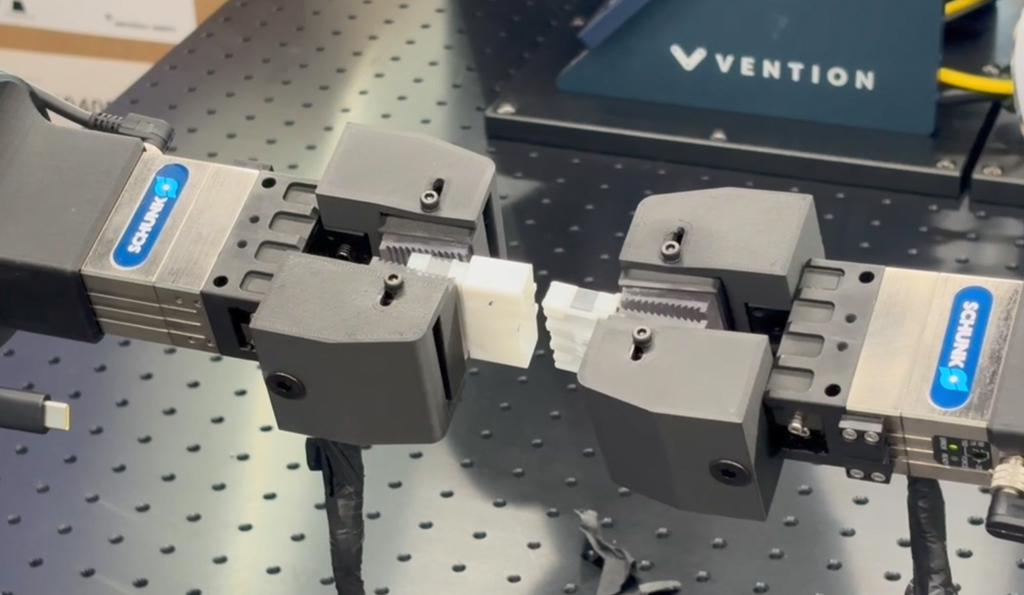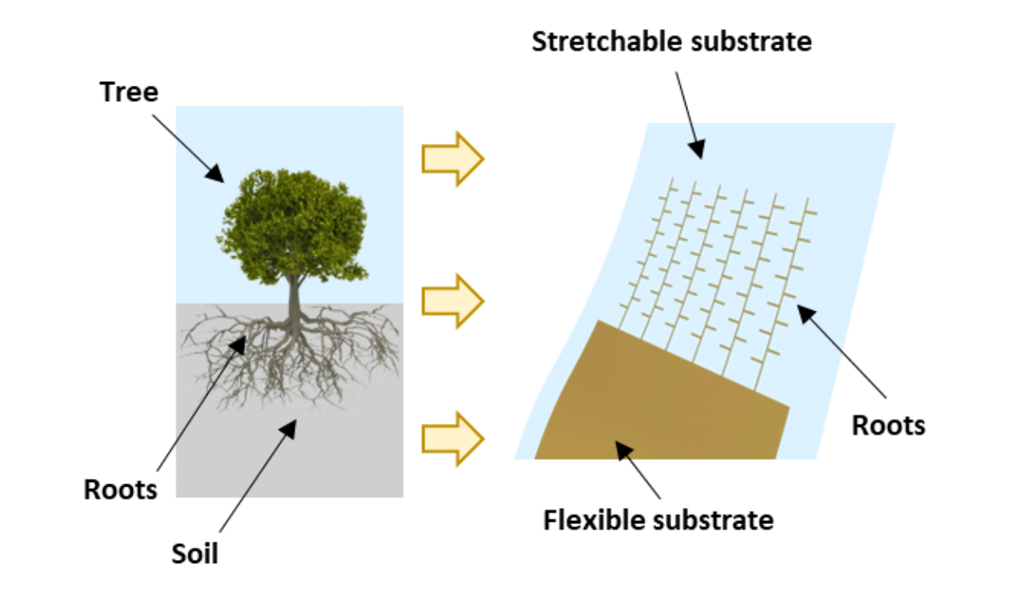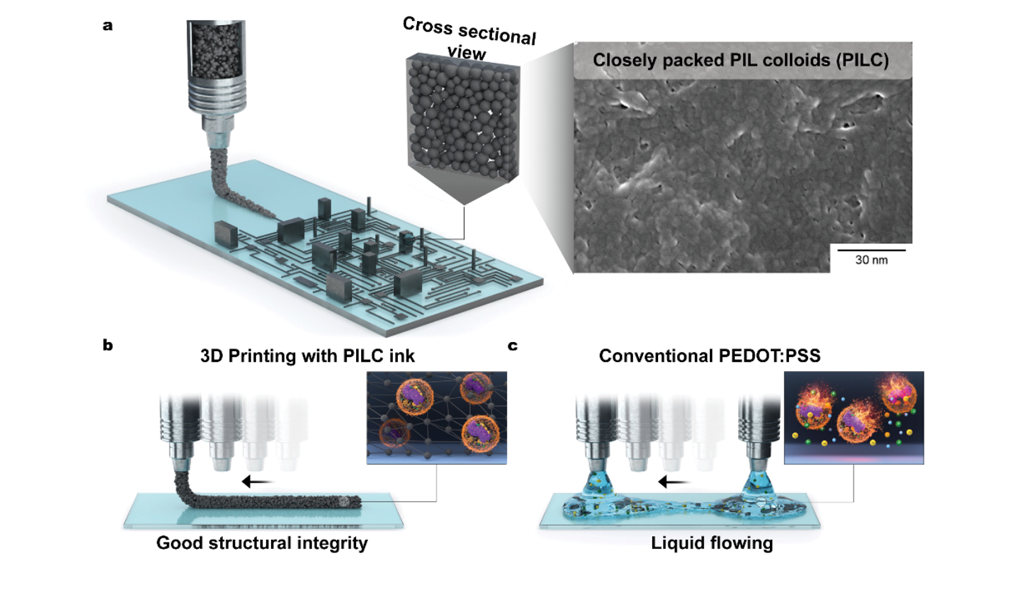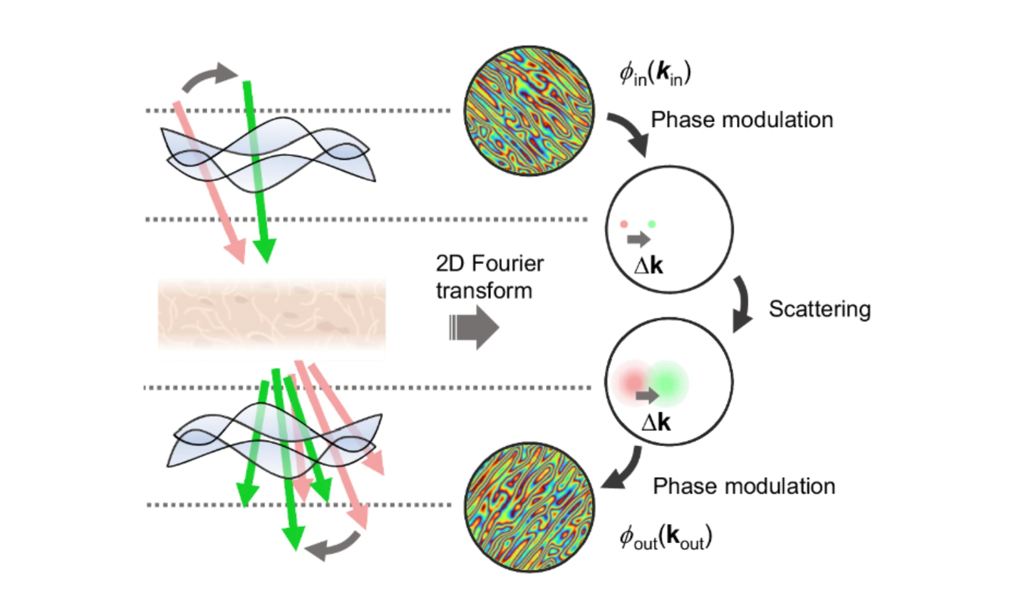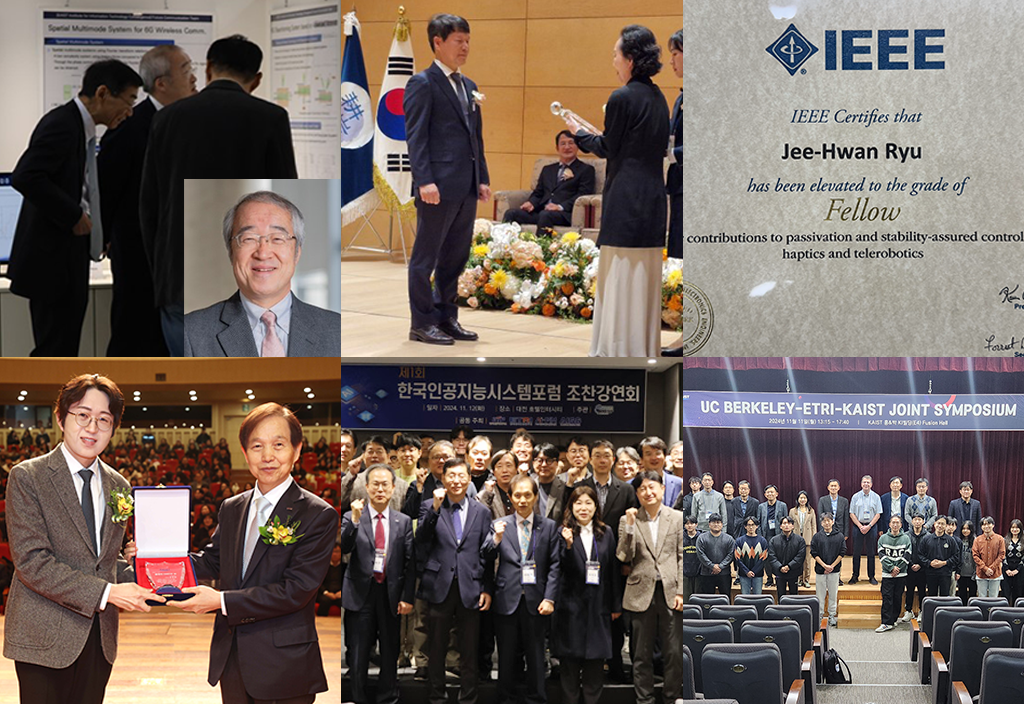- KAIST MatriX
- The official newsletter of KAIST Institutes
- kmatrix.kaist.ac.kr
-
share newsletter
-
- Editorial Committee:
- Taeyun Ku
- WonDo Heo
- Wanyeong Jung
- Dae-Young Lee
- Inkyu Park
Small-Perturbation Electrochemical Impedance Spectroscopy System with High Accuracy for High-Capacity Batteries in Electric Vehicles
A KAIST research team led by Prof. Kyeongha Kwon and Sang-Gug Lee has developed an electrochemical impedance spectroscopy (EIS) system for precise diagnosis of high-capacity batteries using minimal current. This innovation enhances safety and performance metrics in electric vehicle (EV) battery systems. The EIS methodology quantifies battery impedance responses to small electrical signals across frequency ranges, providing critical data on internal battery parameters including state of charge, state of health, and degradation indicators. The technique facilitates detection of variations in temperature-dependent properties, electrochemical reactions, and structural integrity—parameters essential for accurate ...read more
Featured Activities
-
Introduction to KI
Machine Intelligence and Novel-sensor Technology (MINT) Lab, KINC
The Machine Intelligence & Novel-sensor Technology (MINT) Laboratory at KAIST pioneers advanced sensor technologies based on micro/nano-engineering and artificial intelligence (AI), focusing on highly integrated, ultra-low-power and wearable capabilities. Our lab actively engages in research spanning sensor devices and systems for smart environmental monitoring, healthcare, and human-machine interfaces (HMI) to metaverse interactions and micro/nano-manufacturing processes. By integrating advanced materials and innovative fabrication techniques, we strive to deliver next-generation solutions that enhance personal healthcare, industrial safety, and environmental sustainability.
-
Research Highlight
Enhancement of the DNA-binding activity of transcription factor SRF by the metabolic enzyme IPMK
A research team at KAIST has identified the fundamental mechanism by which transcription factor SRF is activated by an enzyme called inositol polyphosphate multikinase.
-
Research Highlight
Industrial-level production of bio-succinic acid via magnesium transport system optimization
By optimizing magnesium transport, Professor Lee’s group achieved the highest ever bio-based succinic acid production.
-
Research Highlight
SeGen: Automatic Topology Generator for Sequencing Elements
Prof. Wanyeong Jung’s group has developed SeGen, a new design framework that automatically generates high-performance flip-flops outperforming conventional designs.
-
Research Highlight
Advancements in Elastic Deformable-Object Manipulation
Prof. Daehyung Park’s research group developed implicit neural-representation learning for deformable object manipulation in real-world.
-
Research Highlight
Dual-Arm Teleoperation for Automating Unstructured Bimanual Tasks in Manufacturing
Professor Ryu’s group has developed a dual-arm teleoperation system to automate complex, contact-rich bimanual tasks through remote and virtual human demonstrations.
-
Research Highlight
Root-Inspired Interfaces for Highly Stretchable Hybrid Electronics
Prof. Park’s group developed a bioinspired interface using root-like flexible islands to enable highly stretchable hybrid electronics with enhanced durability.
-
Research Highlight
3D printable and biocompatible PEDOT:PSS-ionic liquid colloids with high conductivity for rapid on-demand fabrication of 3D bioelectronics
Prof. Steve Park’s group has developed a new fabrication method for 3D printable, biocompatible, and highly conductive PEDOT:PSS-ionic liquid colloidal (PILC) inks that can be used in various bioelectronics applications, including physiological detection (ECG and EMG) and in vivo optogenetic ECoG signals and in vivo endogenous neural signals from deeper brain regions.
-
Research Highlight
Digital aberration correction for enhanced thick tissue imaging exploiting a aberration matrix and tilt-tilt correlation from the optical memory effect
KAIST researchers develop high-resolution label-free imaging technology for thick biological tissues
-
Research Highlight
In Situ Tumor-Infiltrating Lymphocyte Therapy by Local Delivery of an mRNA Encoding Membrane-Anchored Anti-CD3 Single-Chain Variable Fragment
Prof. Park’s group developed mRNA-LNPs to engineer macrophages and cancer cells in solid tumors for in situ TIL therapy, demonstrating significant antitumor effects.
-
Activity
Featured Activities in Spring 2025
Visitor KIR 2024.09.04 Norwegian Media Group, Royal Norwegian Embassy in Seoul, Schibsted Demonstrated autonomous quadruped robot system, which won 1st place in the IEEE ICRA’23 QRC (Quadruped Robot Challenge) and autonomous drone category. KINC 2024.09.06 DONGWOO SUH (Assistant Vice President, ETRI) visited to give a talk “Future-Facing Human-Body Augmentation” in Post Human Colloquium Series KINC

291 Daehak-ro Yuseong-gu Daejeon, 34141, Republic of Korea
Partnered with KAIST Breakthroughs and KAIST Compass




